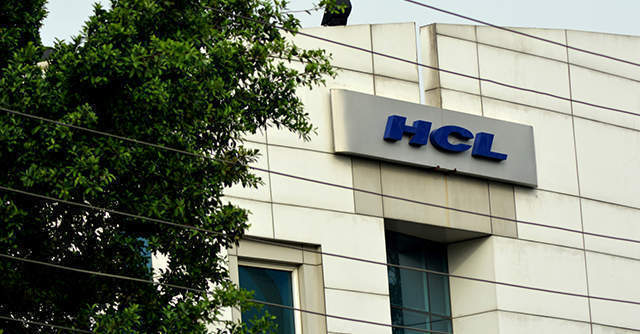
HCL to acquire Cisco's SON technology


Information technology (IT) services major HCL Technologies has announced its intent to acquire San Jose, California-based Cisco's self optimising network (SON) technology.
The acquisition will help Noida-based HCL provide Cisco’s SON’s multi-vendor multi-technology and application support to its clients, the company said in a statement.
HCL will buy the SON technology for about $50 million. TechCircle’s request to the company for more details did not elicit a response at the time of publishing this story.

Cisco's SON technology platform uses machine learning and a set of applications to automate the radio access network (RAN), the company said in a statement.
Further, the platform will help HCL customers boost performance, harmonise the multiple technologies that comprise a RAN, and maximise the capabilities of existing infrastructures, resulting in reduced capital and operational expenditures, it added.
“HCL’s decision to make this acquisition comes in line with our Mode 3 strategy. As we expand our footprint in this space and support the mobility needs of our customers; the SON products and services will now be included in our telecommunications offerings. This will gain further importance with 5G networks,” Sukamal Banerjee, corporate vice president, HCL Technologies said.

As part of the deal, some employees who work on Cisco’s SON technology will move from Cisco to HCL.
Last week, HCL extended its partnership with chipmaker Broadcom. The two companies signed a preferred services deal in 2018. Symantec enterprise division (SED) consulting services, which belongs to Broadcom’s enterprise security solutions, is now a part of the expanded deal.
Like its peers Bengaluru-based Infosys and Wipro, HCL also skipped guidance for FY21 due to uncertain business circumstances induced by Covid-19.

However, it reported a higher-than-expected net profit for the March quarter, which grew 23% year-on-year (y-o-y), indicating that Covid-19 did not have much impact on the company in the previous quarter. Effects of the pandemic are expected to be seen in the first quarter of FY21.
